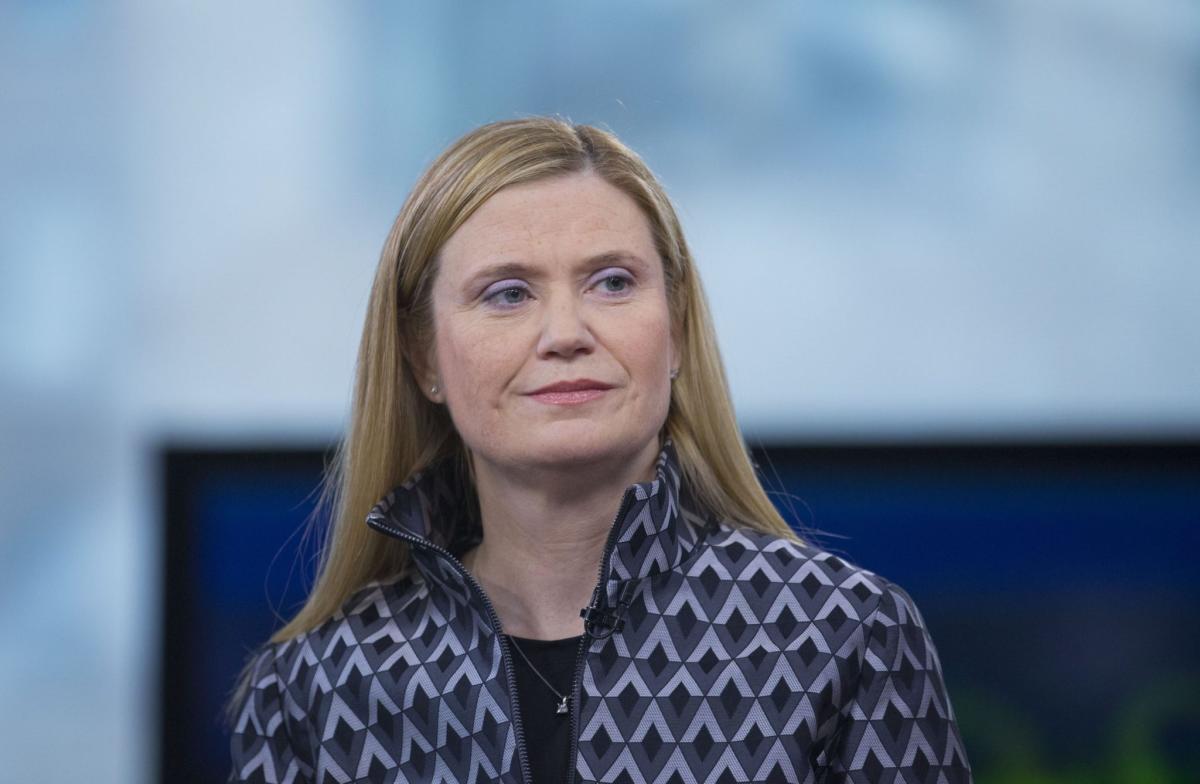cross-posted from: https://lemmy.world/post/17274141
The potential charges, says Marianne Lake, CEO of consumer and community banking at JPMorgan, are a result of new regulatory rules that cap overdraft and late fees. Lake says Chase will be passing along those increased expenses to customers, which would put an end to now-free services such as checking accounts and wealth management tools. And she says she expects other banks will follow suit.



Not wanting to get in an argument about 9/11 either, but I can tell you a couple of differences between bank ledgers and blockchains. Blockchains are distributed across many machines and all are synchronised. I had the Bitcoin blockchain on my computer for a while, until I realised how much space it was taking. Anyone can view the contents of the entire blockchain, ask the bank to view all their ledgers and you’ll see the difference. Blockchain means an end to most money laundering and corruption. All coins can be traced.
The software behind Bitcoin is open source, so no backdoors can be put in there (at least not without it being noticed, probably), many wallets are also open source. Things like mtgox happened because people weren’t using wallets to keep their own coins in, and left it for someone else to look after.
The Euro is a great thing for most people. Greece has financial problems that need long term solutions. If they had the drachma, they would just print more, and devalue the currency, which would make all imports more expensive and prices go up. The Euro prevents this and they have to find another solution. That’s more the problem with fiat, that governments will use an easy solution, that hurts people. A currency which is not controlled by the government prevents this and can lead to better solutions that don’t make life difficult for most people.
This is just what I know, some facts may be wrong, let’s talk.
You’ve filled me in on a few things a bit better crypto-wise, though I still feel many of the problems still exist. It still seems assets would either be easier to sieze vs cash or more of a liability to store on one’s own. I imagine if it were to become an official currency, some more protections would get out in place, but that would probably compromise the anonymity of you were to make a claim about it.
While you can’t look at all of a bank’s ledger, there is still redundancy and a known route to clear up discrepancies and fraud. Benefits of traceable currency.
I’m not super techy, so I don’t know if man in the middle attacks are still possible or other methods of intercepting transactions.
It didn’t seem like a good idea to go back to things like the drachma, but I get why people would want it. Again, I think the blame gets placed in the currency rather than the things that lead to that currency being devalued, but that’s another story.
We also didn’t just print money thoughtlessly. I didn’t agree with all the choices the Fed has made, but overall I think they’ve done ok, but it’s not as though we can examine how the alternatives would have played out.
These are all things we could debate endlessly of course. I can’t ever see a government giving up control of currency though. That’s just too big a thing. I try to stay open to useful cases for crypto too, but most proponents just seem so off-putting.